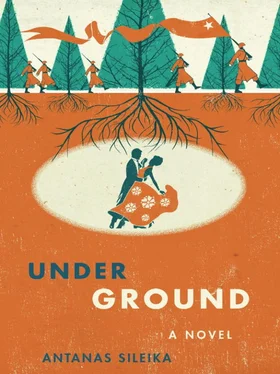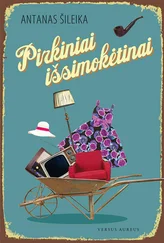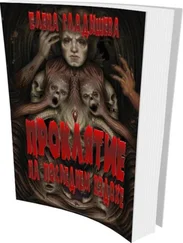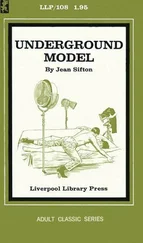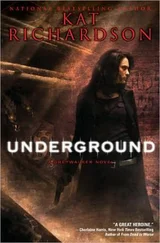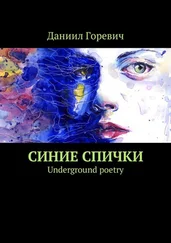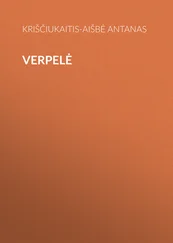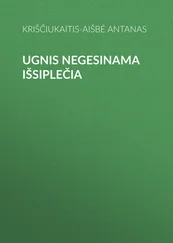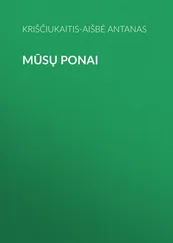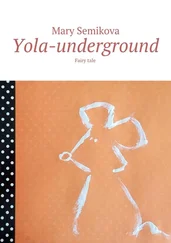The tiny station, platform and entranceway were packed with other travellers, from Communist Party workers to demobilized Red Army soldiers, prisoners travelling with guards, beggars, and black market speculators from Byelorussia. Some had been waiting for days for a train, and they slept with their heads on their brown paper packages, pillowcases stuffed with used clothing, and suitcases full of hand soap or woollen socks or other items in short supply in one place but abundant in others. Lukas had to pick his way over them to make it to the ticket window, where dozens of travellers jostled for the right to bend down in front of the low grille and entreat the stony-faced seller to let them buy a ticket. Only the more persistent Cheka operatives with extravagantly foul vocabularies managed to squeeze tickets out of him.
Lukas searched carefully among the shouting, disgruntled travellers, the despairing old women hoping to visit their sons, the soldiers, the bewildered farmers going to appeal to government officials, and he finally identified the weary stationmaster, who walked out occasionally among the masses waiting for tickets or trains. He was slovenly and unkempt, frustrated and irritated by the impossible task of keeping order.
“Excuse me,” said Lukas, and the man looked at him, slightly pushing up his cap by the bill and then placing his hands on his hips like someone preparing for another fight. Lukas explained that he was faculty from the technical university in Kaunas and needed to make it to that city by early the next morning to give a lecture. The stationmaster shrugged and waited, and finally he did extend his hand to shake Lukas’s when it was offered. Then he turned away to study the size of the bill Lukas had placed in his palm—a hundred rubles. The stationmaster turned back to him.
“Wait over there,” he said, motioning to a corner with his head. “I’ll see what I can do.”
He returned in ten minutes with a ticket, for which Lukas had to pay, and asked for another fifty rubles to pay off the guard, as each car had one, whose job it was to throw off the pressing masses. Lukas suffered a twinge of guilt for the country folk, whom he knew would not get tickets. These meek people would never get what they wanted until they learned to pay bribes. They were a very long way from inheriting the earth.
The train arrived an hour later, guards standing on the steps of each car and holding on to the handrails on each side to block the way of anyone trying to get on board without their permission.
The train was full. Even those with tickets and those who had paid bribes were not permitted aboard, and immediately there were shouting matches as high officials showed their tickets and swore at the guards. Some of the bigger men, or those in twos and threes, pushed their way past the guards only to find that all of the compartments inside the cars were full, and so they settled themselves in the corridors. Others leapt onto ladders only to be beaten back by guards. But there were more wanting to travel than there were guards to beat them off, and no sooner was a ladder cleared of two or three men clinging to it than it filled again as the guard moved on to beat those who had slipped up to the open platforms between cars.
Lukas waited until one such guard had cleared a platform and moved off and then hoisted himself onto it just as the train wheels began to turn. Another man was already standing there, a clerk or government official of some kind who could not bear the crush in the corridors and had stepped outside. Lukas offered him a pre-rolled cigarette.
The man nodded, took it and lit up. “Safer out here anyway,” said the man between puffs of smoke.
“Why’s that?”
“Two men were murdered in this wagon last night, and their bodies thrown out the window. Killed by demobilized soldiers having a little fun, I think. They let a couple of civilians into their compartment and then robbed them during the night and ditched their bodies.”
The distance to Kaunas was only a hundred kilometres, but the train moved very slowly and stopped at every station along the way, and at each station the scene at Lentvaris was repeated. By the time the train was halfway through its journey, it was already the middle of the night and the outdoor platform where Lukas, the clerk and half a dozen others stood was very full.
Lukas was leaning with his back by a broken window when a hand came up from inside and seized him by the neck. An opportunistic thief must have seen him as easy to kill, but many Reds had tried to kill Lukas over the last year and none had succeeded yet. Lukas crouched down as far as he could, putting pressure against the assailant’s forearm, pulled the paring knife from his jacket pocket and cut across the top of the hand at his throat. He heard a yelp of pain and the hand withdrew back inside the door.
Rubbing his neck, Lukas pushed himself slightly away from the window and looked at the faces of his fellow travellers, who had watched the scene without expression or making a move to help him. Even the clerk who had told him about the murders stared at him indifferently.
Lukas stepped off the train at the country station of Mauruciai, walked out of the village and hid himself just inside a wood and slept for a while. He stayed there until nightfall, cut off a piece of the smoked bacon and ate a chunk of bread, drinking at a stream to take off his thirst.
When Lukas made it to the farmhouse deep in the Kazlu Ruda forest where he was supposed to meet Elena, the fields and yard were dark and he banged on the door a long time before the farmer appeared with an oil lamp in his hand.
“What do you want?” he asked. He had a white beard and moustache and would have looked like Father Christmas in his nightgown if not for the sour expression on his face.
“Any Reds around?”
“How should I know?”
“I was supposed to meet someone here.”
“That’s your business, not mine. There’s no one here but my family, and you’re disturbing their sleep as it is. Good night.”
“Just a moment,” said Lukas, slipping his foot into the door before the farmer could close it. “I’ve been travelling and I’m hungry. Do you think you could give me something to eat?”
“My children went to bed hungry. I have nothing for you.”
“Then maybe a bed.”
“Every single pillow is spoken for.”
Something was wrong. He had arranged to meet Elena here, but the farmer was being too aggressive. He acted as if Lukas were a bandit. The most intelligent thing would be to slip away, find a place in the hay in the barn and burrow in deep until the morning. But the attitude of this farmer did not please him. Lukas had been travelling two nights and was tired.
“I’m a partisan,” said Lukas.
“Good for you. You go about your business and I’ll go about mine.”
Lukas lifted his briefcase. “I’m armed. Make me a bed here on the floor by the front door, and be quick about it. Keep the other doors closed until I tell you to come in.”
For a while he wondered if the farmer would make him show the non-existent weapon, but he sullenly did as Lukas commanded.
Lukas spent a restless night and rose just before dawn when he heard the farmer begin to move around. Lukas sat at the long table and drank milk and ate bread with the grim farmer and his wife. Two girls and a boy were interested in him, but the parents would not let them speak at the breakfast table.
A face appeared through the imperfect glass in the window. Lukas recognized Elena and his heart leapt up. She waved and then walked around the house and he went to the door, which he threw open to find her in an army uniform jacket and skirt with a handmade Lithuanian tricolour patch on the shoulder.
Lukas looked at her face, half afraid that he might find coolness there, or caution, or, worst of all, determined friendliness. But instead he saw a mixture of hope and fear that mirrored his own feelings. He took her in his arms, awkwardly, for she had a rifle on a strap over her shoulder, and he held her and kissed her face.
Читать дальше
